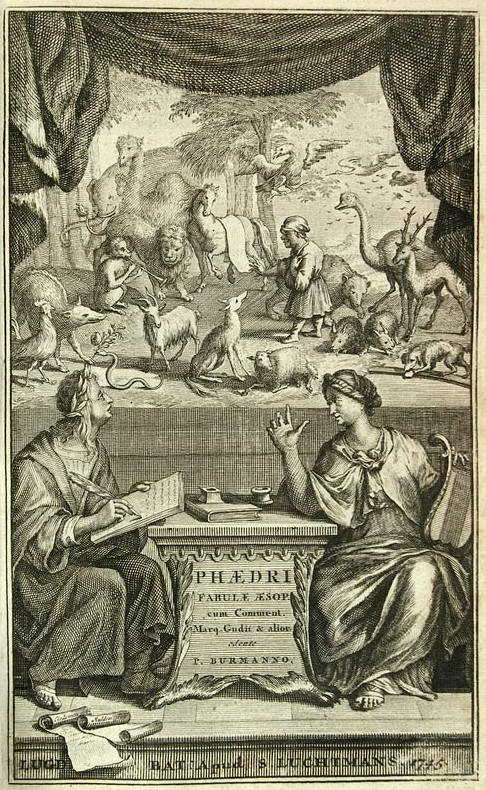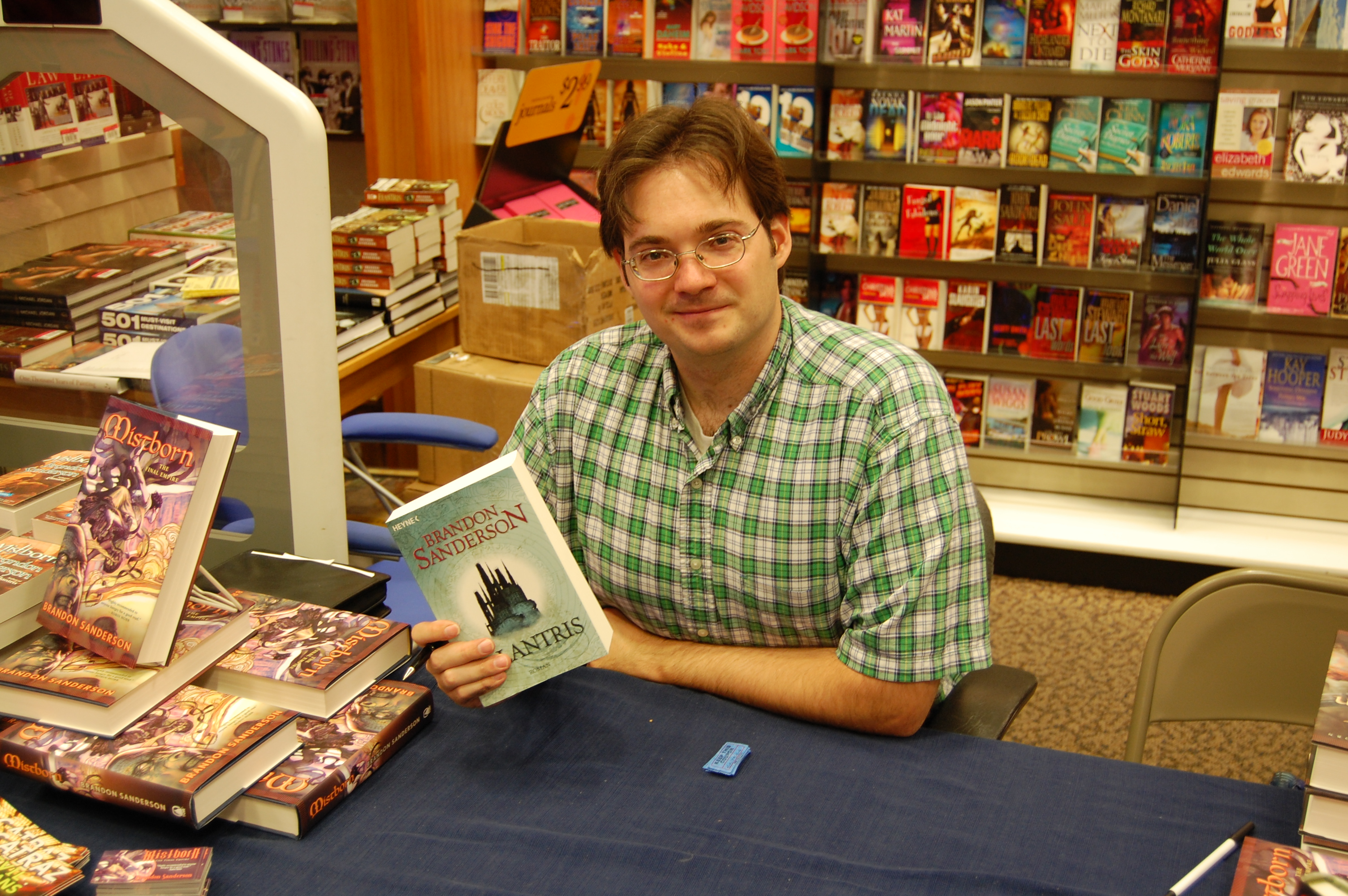|
Phaedrus Of Pharsalus
Phaedrus may refer to: People * Phaedrus (Athenian) ( – 393 BC), an Athenian aristocrat depicted in Plato's dialogues * Phaedrus (fabulist) (), a Roman fabulist * Phaedrus the Epicurean (138 BC – ), an Epicurean philosopher Art and literature * ''Phaedrus'' (dialogue), a dialogue of Plato * ''Phaedrus'' (play), a 3rd-century BCE comedic play by Alexis (poet) * Phaedrus, a character in '' Zen and the Art of Motorcycle Maintenance'' * A work by Cy Twombly * Phaedrus, Johnathan, a character in the Reckoners novels by Brandon Sanderson Brandon Winn Sanderson (born December19, 1975) is an American author of high fantasy, science fiction, and young adult books. He is best known for the Cosmere fictional universe, in which most of his fantasy novels, most notably the '' Mistb .... See also * Phaedra (other) {{disambig, hndis ... [...More Info...] [...Related Items...] OR: [Wikipedia] [Google] [Baidu] |
Phaedrus (Athenian)
Phaedrus (), son of Pythocles, of the Myrrhinus deme (Ancient Greek language, Greek: Φαῖδρος Πυθοκλέους Μυῤῥινούσιος, ''Phaĩdros Puthokléous Murrhinoúsios''; c. 444 – 393 BC), was an Classical Athens, ancient Athenian aristocrat associated with the inner-circle of the Ancient Greek philosophy, philosopher Socrates. He was indicted in the profanation of the Eleusinian Mysteries in 415 during the Peloponnesian War, causing him to flee Athens. He is best remembered for his depiction in the dialogues of Plato. His philosophically Eros, erotic role in his Phaedrus (dialogue), eponymous dialogue and the ''Symposium (Plato), Symposium'' inspired later authors, from the Ancient Greek comedy, ancient comedic playwright Alexis (poet), Alexis to contemporary philosophy, contemporary philosophers like Robert M. Pirsig and Martha Nussbaum.Martha Nussbaum, ''The Fragility of Goodness'', Cambridge: Cambridge University Press, 2001; pp. 200–224 Life Phaed ... [...More Info...] [...Related Items...] OR: [Wikipedia] [Google] [Baidu] |
Phaedrus (fabulist)
Gaius Julius Phaedrus (; ; Phaîdros), or Phaeder (c. 15 BC – c. 50 AD) was a 1st-century AD Roman Empire, Roman fabulist and the first versifier of a collection of Aesop's fables into Latin. Nothing is recorded of his life except for what can be inferred from his poems, and there was little mention of his work during late antiquity. It was not until the discovery of a few imperfect manuscripts during and following the Renaissance that his importance emerged, both as an author and in the transmission of the fables. Biography The poet describes himself as born in the Pierian Mountains, perhaps in Pydna, and names the Thracians, Thracian musicians Linus of Thrace, Linus and Orpheus as his countrymen. The inscriptions and subscriptions in the manuscript tradition identify him as a ancient Roman freedmen, freedman of Augustus. Some have inferred from these data that Phaedrus was brought to Rome in his childhood as a slave following the Thracian campaign of Lucius Calpurnius Piso Ca ... [...More Info...] [...Related Items...] OR: [Wikipedia] [Google] [Baidu] |
Phaedrus The Epicurean
Phaedrus (; ; 138 – 70/69 BC) was an Epicurean philosopher. He was the head (''scholarch'') of the Epicurean school in Athens after the death of Zeno of Sidon around 75 BC, until his own death in 70 or 69 BC. He was a contemporary of Cicero, who became acquainted with him in his youth at Rome. During his residence in Athens (80 BC) Cicero renewed his acquaintance with him. Phaedrus was at that time an old man, and was already a leading figure of the Epicurean school. He was also on terms of friendship with Velleius, whom Cicero introduces as the defender of the Epicurean tenets in the ''De Natura Deorum ''De Natura Deorum'' (''On the Nature of the Gods'') is a philosophical dialogue by Roman Academic Skeptic philosopher Cicero written in 45 BC. It is laid out in three books that discuss the theological views of the Hellenistic philosophies of ...'', and especially with Atticus. Cicero especially praises his agreeable manners. He had a son named Lysiadas. Phaedrus was succeed ... [...More Info...] [...Related Items...] OR: [Wikipedia] [Google] [Baidu] |
Phaedrus (dialogue)
The ''Phaedrus'' (; ), written by Plato, is a dialogue between Socrates and Phaedrus (Athenian), Phaedrus, an interlocutor in several dialogues. The ''Phaedrus'' was presumably composed around 370 BC, about the same time as Plato's ''Republic (Plato), Republic'' and ''Symposium (Plato dialogue), Symposium''. Although ostensibly about the topic of love, the discussion in the dialogue revolves around the art of rhetoric and how it should be practiced, and dwells on subjects as diverse as metempsychosis (the Greek tradition of reincarnation) and erotic love, and the nature of the human soul shown in the famous chariot allegory. Setting Socrates runs into Phaedrus (Athenian), Phaedrus on the outskirts of Athens. Phaedrus has just come from the home of Epicrates of Athens, where Lysias, son of Cephalus, has given a speech on love. Socrates, stating that he is "sick with passion for hearing speeches", walks into the countryside with Phaedrus. Socrates is hoping that Phaedrus will repea ... [...More Info...] [...Related Items...] OR: [Wikipedia] [Google] [Baidu] |
Alexis (poet)
Alexis (; 350s288 BC) was a Greek comic poet of the Ancient Greek comedy, Middle Comedy period. He was born in Thurii (in present-day Calabria, Italy) in Magna Graecia and taken early to Athens, where he became a citizen, being enrolled in the deme ''Oion'' () and the tribe Leontides. It is thought he lived to the age of 106 and died on the stage while being crowned. According to the ''Suda'', a 10th-century encyclopedia, Alexis was the paternal uncle of the dramatist Menander and wrote 245 comedies, of which only fragments now survive, including some 130 preserved titles. Life He appears to have been rather addicted to the pleasures of the table, according to Athenaeus. He had a son named Stephanus (Στέφανος) who was also a comic poet. He won his first Lenaean victory in the 350s BC, most likely, where he was sixth after Eubulus (poet), Eubulus, and fourth after Antiphanes (comic poet), Antiphanes. While being a Middle Comic poet, Alexis was contemporary with ... [...More Info...] [...Related Items...] OR: [Wikipedia] [Google] [Baidu] |
Zen And The Art Of Motorcycle Maintenance
''Zen and the Art of Motorcycle Maintenance: An Inquiry into Values'' is a book by Robert M. Pirsig first published in 1974. It is a work of fictionalized autobiography and the first of Pirsig's texts in which he discusses his concept of Quality. The title is an apparent play on the title of the 1948 book '' Zen in the Art of Archery'' by Eugen Herrigel. In its introduction, Pirsig explains that, despite its title, "it should in no way be associated with that great body of factual information relating to orthodox Zen Buddhist practice. It's not very factual on motorcycles, either." Pirsig received 121 rejections before an editor finally accepted the book for publication—and he did so thinking it would never generate a profit. It ended up selling 50,000 copies in the first three months and more than 5 million since. Structure The book is a fictionalized autobiography of a 17-day journey that Pirsig made with his Honda CB77 motorcycle from Minnesota to Northern California ... [...More Info...] [...Related Items...] OR: [Wikipedia] [Google] [Baidu] |
Cy Twombly
Edwin Parker "Cy" Twombly Jr. (; April 25, 1928July 5, 2011) was an American Painting, painter, Sculpture, sculptor, and photographer. Twombly influenced artists such as Anselm Kiefer, Francesco Clemente, Julian Schnabel, and Jean-Michel Basquiat. His best-known works are typically large-scale, freely-scribbled, Calligraphy, calligraphic and graffiti, graffiti-like works on solid fields of mostly gray, tan, or off-white colors. His later paintings and works on paper shifted toward "romantic symbolism", and their titles can be interpreted visually through shapes and forms and words. Twombly often quoted poets such as Stéphane Mallarmé, Rainer Maria Rilke, and John Keats, as well as classical myths and allegories, in his works. Examples of this are his ''Apollo and The Artist'' and a series of eight drawings consisting solely of inscriptions of the word "VIRGIL". Twombly's works are in the permanent collections of modern art museums globally, including the Menil Collection i ... [...More Info...] [...Related Items...] OR: [Wikipedia] [Google] [Baidu] |
Brandon Sanderson
Brandon Winn Sanderson (born December19, 1975) is an American author of high fantasy, science fiction, and young adult books. He is best known for the Cosmere fictional universe, in which most of his fantasy novels, most notably the '' Mistborn'' series and ''The Stormlight Archive'', are set. Outside of the Cosmere, he has written several young adult and juvenile series including '' The Reckoners'', the '' Skyward'' series, and the ''Alcatraz'' series. He is also known for finishing author Robert Jordan's high fantasy series ''The Wheel of Time.'' Sanderson has created two graphic novels, including ''White Sand'' and ''Dark One''. Sanderson created Sanderson's Laws of Magic and popularized the idea of "hard magic" and "soft magic" systems. In 2008, Sanderson started a podcast with the horror writer Dan Wells and the cartoonist Howard Tayler called ''Writing Excuses'', involving topics about creating genre writing and webcomics. In 2016, the American media company DMG ... [...More Info...] [...Related Items...] OR: [Wikipedia] [Google] [Baidu] |




